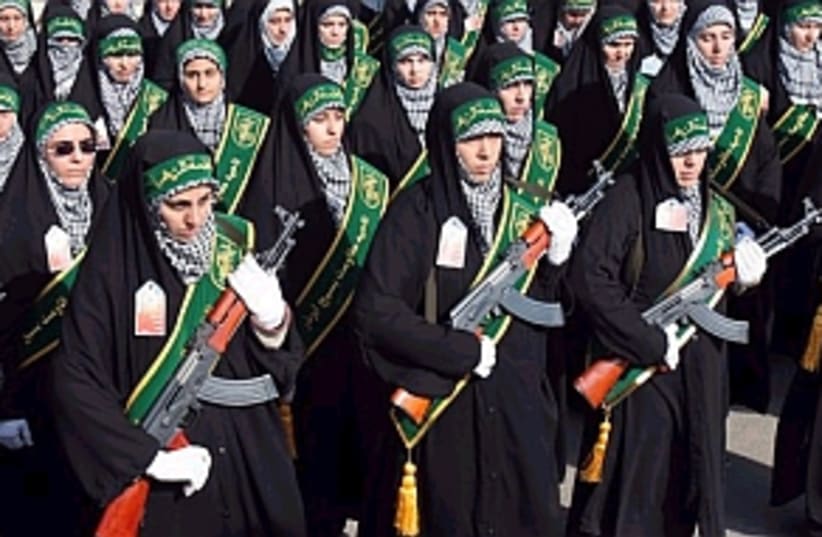| JPOST.COM HIT LIST | |
| JPost.com's most popular articles this past week |
No distinctive attire for non-Muslims
Expert says reports that Iran was drafting such a law are "totally false."


| JPOST.COM HIT LIST | |
| JPost.com's most popular articles this past week |